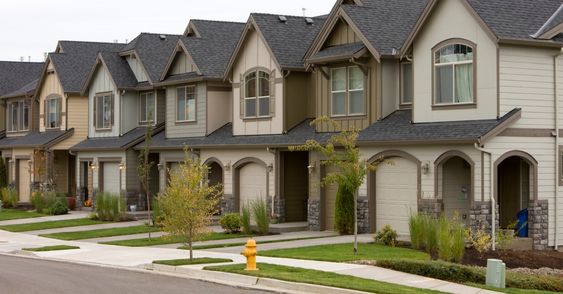
Share This Story, Choose Your Platform!
Weighing the Pros and Cons of Buying or Renting
Introduction
The decision of buying or renting a home is a significant financial choice that can shape your lifestyle and long-term financial stability. In this blog, let’s explore the pros and cons of both buying and renting with Sapphire Builders & Associates, empowering you to make an informed decision that aligns with your goals and circumstances.
Pros of Buying a Home
1. Long-Term Investment
Buying a home can be a valuable long-term investment, as you build equity and potentially benefit from property appreciation over time.

2. Stability and Control
Homeownership provides stability, allowing you to establish roots and have more control over your living environment.
3. Personalization
As a homeowner, you have the freedom to personalize and modify your property according to your preferences and needs.
4. Tax Benefits
Homeowners may enjoy tax benefits, such as deductions on mortgage interest and property taxes, which can result in potential savings.
Cons of Buying a Home
1. Financial Commitment
Owning a home comes with financial responsibilities, including mortgage payments, property taxes, insurance, and maintenance costs.
2. Lack of Flexibility
Buying a home tie, you to a specific location, limiting your flexibility to move quickly for job opportunities or lifestyle changes.

3. Upfront Costs
Purchasing a home typically involves significant upfront costs, including a down payment, closing costs, and potential renovation expenses.
4. Market Risk
The value of real estate can fluctuate, and there is a degree of market risk involved in homeownership. Economic factors can affect property values.
Pros of Renting
1. Flexibility
Renting offers greater flexibility, allowing you to easily relocate without the burden of selling a property.
2. Lower Upfront Costs
Renting generally requires less upfront costs compared to buying a home, as you typically only need to pay a security deposit and possibly the first month’s rent.
3. Maintenance and Repairs
Renters are not responsible for most maintenance and repair costs, which are typically the landlord’s responsibility.

4. Financial Freedom
Renting can free up your financial resources, allowing you to invest in other assets or pursue different opportunities.
Cons of Renting
1. Limited Control
As a renter, you have limited control over the property, including restrictions on making changes or renovations.
2. No Equity Buildup
Rent payments do not build equity, meaning you don’t benefit from potential property appreciation over time.
3. Rent Increases
Rent prices can increase over time, subjecting you to potential rent hikes and impacting your monthly budget.
4. Lack of Long-Term Stability
Renting provides less long-term stability compared to homeownership, as leases are typically renewed on an annual basis.
Conclusion
Deciding whether buying or renting a home depends on various factors, including your financial situation, lifestyle preferences, and long-term goals. Buying offers potential investment benefits and long-term stability, while renting provides flexibility and lower upfront costs. Assess your priorities, consider the pros and cons buying or renting outlined above, and make a decision that aligns with your current circumstances and future aspirations. Remember, both buying and renting can be viable options depending on your unique situation.



